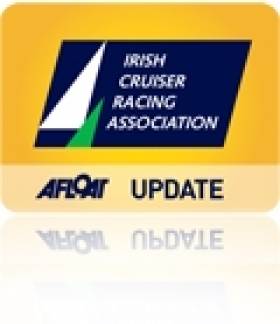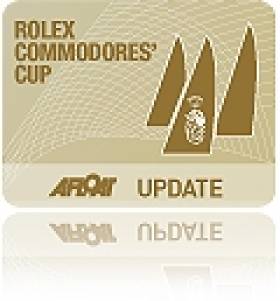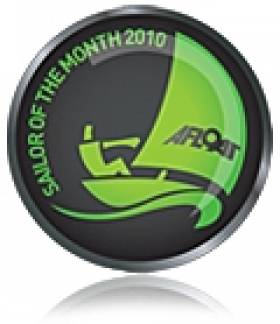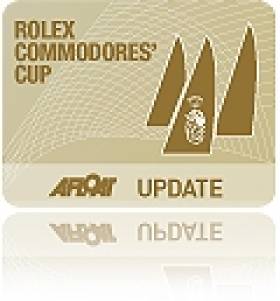Displaying items by tag: Andrew Creighton
National Award for Irish Cruiser Racing Association (ICRA)
In the three decades and more of the Mitsubishi Motors/Irish Independent "Sailing Club of the Year" assessments, there has never been an organization only seven years old winning the title.
In fact, seniority has often won the day, though in a country in which the oldest sailing clubs date from 1720 (Royal Cork) and 1770 (Lough Derg), it's difficult to find clubs and associations which are anything less than centenarians, let alone not yet in double figures.
But it was only as recently as June 2003 that the Irish Cruiser Racing Association came into being. It was at the biennial Sovereign's Cup series in Kinsale that Fintan Cairns of Dun Laoghaire, enthusiastically supported by the late Jim Donegan of Cork and other key personnel, successfully launched the idea of a nationwide organisation to co-ordinate the racing sport of "boats with lids".
At the time, it was a leap of vision. Having successfully headed Dublin Bay Sailing Club at a time of rapid growth, he was able to see the picture more clearly than those who reckoned that offshore racing organisations should be related to bodies of water rather than a land mass, for all that we're on an island.
Then too, the new association was envisaged as using established clubs and their facilities to stage its championship. In other words, the ICRA organising team would be the travelling people of the Irish sailing scene. On top of that, handicap competition with cruiser-racers was derided as "truck racing" by the white hot one design and dinghy sailors.
Yet the idea took hold, and the annual championship was successfully staged at venues as various as Crosshaven, Tralee, Howth, Kinsale and Dun Laoghaire, with Denis Kiely the essential ace number-cruncher in the back office. And in May 2010, with the mighty machine of the Royal St George YC in Dun Laoghaire providing the administrative centre, the Liebherr Irish Cruiser Nationals in Dublin Bay attracted a fleet of 117 boats, with great sailing.
On that event alone, ICRA would have been among the front runners for Club of the Year. But the best was yet to come. In recessionary times, getting a three boat team together to make a worthwhile challenge for the biennial Rolex International Commodore's Cup was a matter of making the best of limited resources. But ICRA – currently under the leadership of Barry Rose of Cork - was up to the job.
The team of Anthony O'Leary's Antix, Dave Dwyer's marinerscove.ie, and Rob Davis and Andrew Creighton's Roxy 6, had a convincing win. Thus ICRA in one season had catered very well for general run of boats and crews at home, and had come out tops at the top level internationally. It doesn't get better than that, and we salute them as Sailing Club of the Year 2011.
Commodores' Cup Celebration Dinner to be Held at Royal Cork
Team Ireland boats, Antix - Anthony O Leary, Marinerscove.ie - Dave Dwyer and Roxy 6 - Rob Davies and Andrew Creighton, will be represented on the night.
The dinner cost will be €30 and booking will be on first come/first served basis. Book with [email protected] or call 021 4831023.
The Commodore's Cup Team - Sailors of the Month for August
The 2010 Irish Commodore's Cup team are jointly the Afloat.ie/Irish Independent "Sailors of the Month" for August. In times past, we've had two or even three "Sailors of the Month" at once. And we even had a family – the Dicksons of Lough Ree – getting the honours together. But it's the first time that an entire team have been given the accolade.
However, the 2010 Irish Commodore's Cup team achieved their totally convincing win with a display of team spirit which was of truly international standard, and the judges acclaim the entire squad – and their enthusiastic and able management – with the accolade.
It was realized that selecting any individual sailor or one of the crews from the three boats was going to be difficult. Even when you tried to congratulate any of them, they would tend to heap praise on another of the boats. And on the rare occasion when things went wrong – as when Antix was caught by a rule break at the start of the final and clinching race – the skippers readily accepted blame.
In that instance, Antix boss and team captain Anthony O'Leary declared afterwards that he'd been "110% in the wrong". Admittedly it's not so painful saying that when you go on to sail an absolute blinder of a heavy weather race to finish second in class despite the setback of taking your penalty turn. But even so O'Leary, Dave Dwyer on marinerscove.ie, and the new boys on Roxy 6 were exemplary in their achievement.
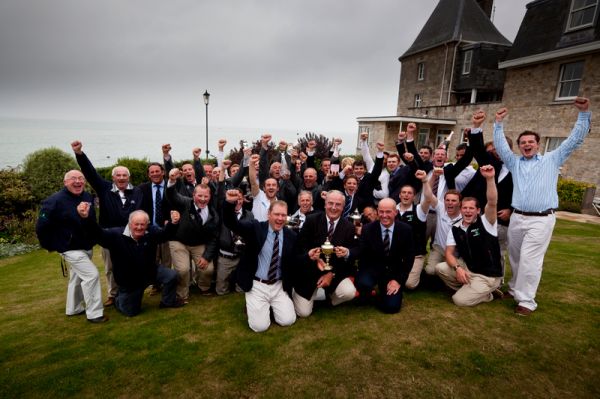
Ireland's Commodores Cup Team is August's Sailors of the Month. Photo: David Branigan
Roxy 6 was given special praise as she was still very raw, a new Corby 36 built for Rob Davis in Pembroke in Wales, and put together on the water at some speed by a Cork crew headed by Andrew Creighton, with Maurice "The Prof" O'Connell invaluable as the single permitted onboard professional.
And they sailed with the steady consistency and that sense of the bigger picture which is the key to team success. Ashore, Barry Rose of the Irish Cruiser Racing Association was always available as manager, and the result was the kind of result the Irish sailing community have dreamed about for decades. Not only have we been within a whisker of winning the Commodore's Cup in recent years, but way back in the great days of the Admirals Cup in 1979, the Irish team went into the final event of the series, the Fastnet Race, with what seemed a commanding points lead.
The notorious Fastnet storm of 1979 put paid to that. It was ironic that it was extreme Irish weather which blasted our chances. But the pain of that, and other blighted hopes, were so gloriously blown away in the Solent on Saturday August 22st as the final race was completed with Ireland's winning points piled high.
Ireland's Commodore's Cup team Crew List HERE.
Commdore's Cup Coverage HERE
Commodores Cup: Send YOUR Good Luck Wishes HERE!
MANY OF YOU SENT GOOD LUCK WISHES AND NOW YOU CAN SAY WELL DONE TOO! SCROLL DOWN THE PAGE TO LEAVE YOUR CONGRATULATION MESSAGE!
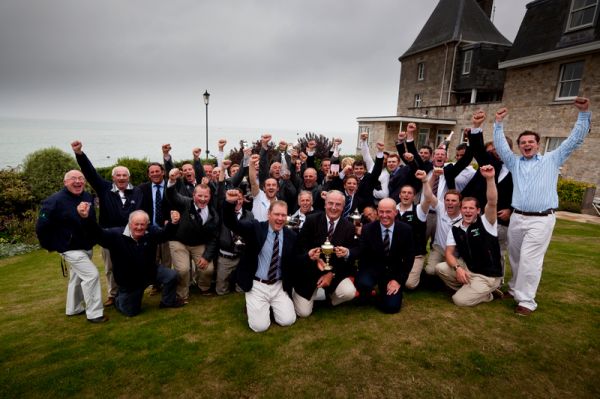
The ICRA Team Celebrations in Cowes, Photo: David Branigan
After a series of near misses in the Commodores Cup, there are many reasons why 2010 was an entirely appropriate timing for an Irish win in Cowes today.
Ireland's single three boat team (below) faced stiff opposition in the final ten team line up. Individual performances this season though, including a win at the British IRC Nationals, is proof, were it needed, that Ireland still was always on course to win the Commodores Cup.
Ireland's team on the Solent was Royal Cork based; Antix, Anthony O'Leary (Ker 39); Marinerscove.ie David Dwyer (Mills 39) and Roxy 6 Robert Davies (Corby 36). The full crew list for each boat is below, representing the very best of Irish sailing talent.
Third time lucky is how it was scripted in 08, but not how it was acted out. After first being jilted by the French and now, for the second time, by the English, the Irish could be forgiven for giving up on the cup but we never did. This victory represents the final week of eight months preparation for superb assault on the title.
PLEASE SCROLL DOWN TO THE END OF THE PAGE AND LEAVE YOUR CONGRATULATIONS MESSAGE!

Team Ireland 2010 Commodores Cup
Photos by Robert Bateman
IRL3939 Antix Anthony O'Leary (Ker 39)
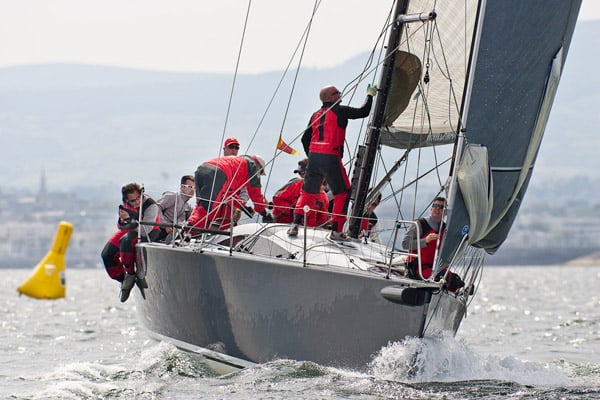
Anthony O'Leary (IRL)
David Lenz (GBR)
Peter O'Leary (IRL)
Ross Deasy (IRL)
Brian Lennon (IRL)
Stephen O'Sullivan (IRL)
Eoin Leahy (IRL)
Frederick Cudmore (IRL)
Simon Johnson (IRL)
Rory O'Sullivan (IRL)
Jimmy Houston (GBR)
Derek Moynan (IRL)
Tom Durcan (IRL)
Robert O'Leary (IRL)
Darragh O'Connor (IRL)
IRL39000 Marinerscove.ie David Dwyer (Mills 39)
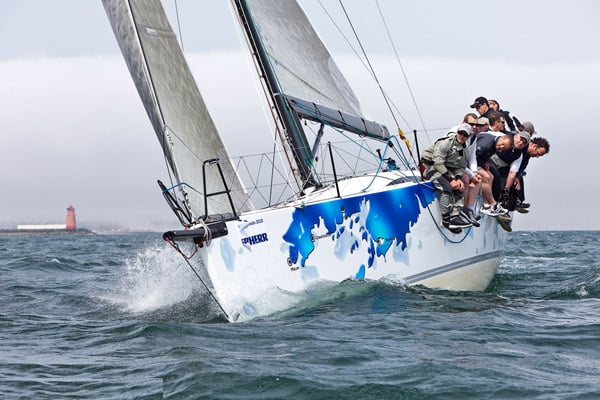
Andy Beadsworth (GBR)
David Bolton (IRL)
Padraig Byrne (IRL)
Alan Curran (IRL)
David Dwyer (IRL)
Bernard Fitzpatrick (IRL)
Brian Heneghan (IRL)
David Love (IRL)
Tom Murphy (IRL)
Nicholas O'Leary (IRL)
Clive O'Shea (IRL)
Sandy Rimmington (IRL)
Chris Schirmer (GBR)
Don Wilson (IRL)
IRL36000 Roxy 6 Robert Davies (Corby 36)
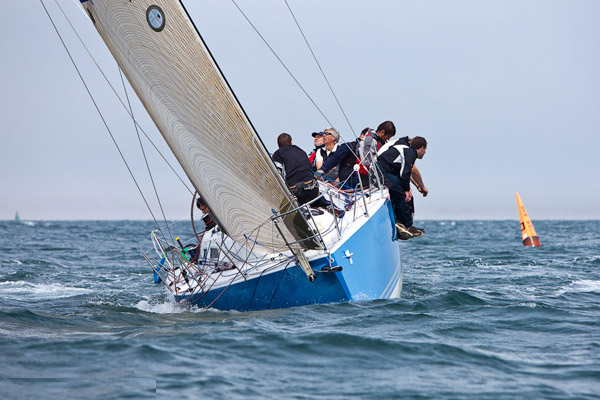
Rob Davies (GBR)
Andrew Creighton (IRL)
Marty O'Leary (IRL)
Jim Hughes (IRL)
Paul Farries (GBR)
Nelson Moore (IRL)
Tom Whitburn (GBR)
Michael Liddy (IRL)
Aidan O'Connell (IRL)
Maurice O'Connell (IRL)
Team Management:
Barry Rose, Fintan Cairns, Denis Kiely, Mike Broughton and Norbert Reilly
- RORC
- Anthony O'Leary
- Norbert Reilly
- ICRA
- Eoin Leahy
- Maurice O'Connell
- Commodores Cup
- Fintan Cairns
- Peter O'Leary
- antix
- Mike Broughton
- roxy 6
- Mariners Cove
- David Lenz
- Ross Deasy
- Brian Lennon
- Stephen O'Sullivan
- Frederick Cudmore
- Simon Johnson
- Rory O'Sullivan
- Jimmy Houston
- Derek Moynan
- Tom Durcan
- Robert O'Leary
- Darragh O'Connor
- Andy Beadsworth
- David Bolton
- Padraig Byrne
- Alan Curran
- David Dwyer
- Bernard Fitzpatrick
- Brian Heneghan
- David Love
- Tom Murphy
- Nicholas O'Leary
- Clive O'Shea
- Sandy Rimmington
- Chris Schirmer
- Don Wilson
- Rob Davies
- Andrew Creighton
- Marty O'Leary
- Jim Hughes
- Paul Farries
- Nelson Moore
- Tom Whitburn
- Michael Liddy
- Aidan O'Connell
- Barry Rose
- Denis Kiely


























